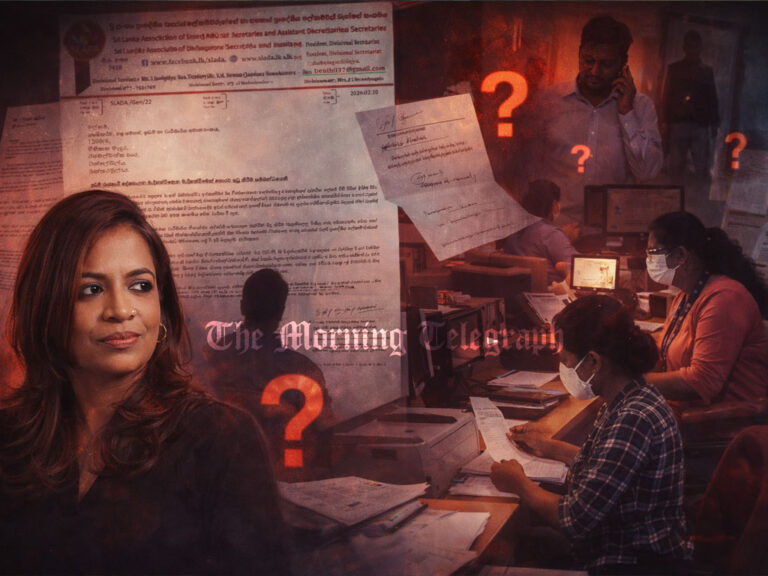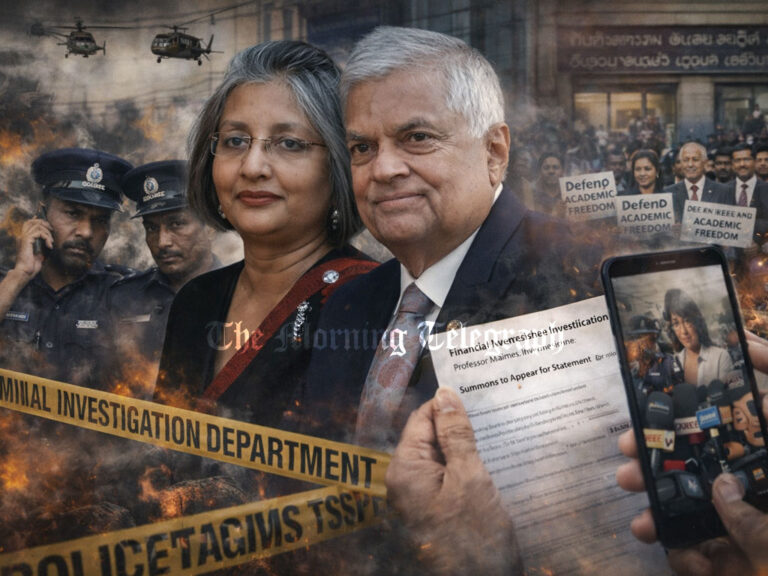
A wave of controversy has swept through the Roman Catholic Church after renowned Belgian scholar Rik Torfs made explosive claims on live television: a majority of the cardinals set to elect the next pope are gay. Torfs, a respected professor of canon law at the Catholic University of Leuven and a former senator with the Christian Democrats, voiced his assertion during a televised news program following the death of Pope Francis.
“There’s a paradox,” Torfs stated. “While the Church formally denounces homosexual acts as sinful, many cardinals, perhaps even a majority are themselves homosexual.” Torfs, a devout Catholic and known critic of conservative factions in the Vatican, maintained the veracity of his claim even under scrutiny, adding, “People I know inside the Vatican believe it’s a large majority.”
These remarks have reignited a global conversation around hypocrisy, secrecy, and reform in one of the world’s oldest religious institutions, already navigating the theological and administrative vacuum left by Pope Francis’s passing. As the College of Cardinals prepares to gather for the papal conclave, Torfs’s comments have cast a spotlight on the perceived disconnect between the Church’s doctrinal teachings and the personal lives of its leadership.
The statement has also intensified focus on Pope Francis’s nuanced, and at times contradictory, stance on LGBTQ+ issues. While he often portrayed a softer tone urging families to accept their gay children and famously saying, “God made you like this and loves you like this” he reportedly used derogatory language behind closed doors. In one instance, he allegedly used the slur frociaggine to describe what he called a “gay culture” within the Vatican, lamenting “an atmosphere of faggotry.”
This duality was not new for Francis, who had long walked a tightrope between progressive reformer and doctrinal traditionalist. Though he encouraged compassion, he never revised Church teachings that define homosexuality as “intrinsically disordered.” The paradox at the heart of Torfs’s remarks – men enforcing Church law possibly living in conflict with it has prompted fresh calls for transparency, accountability, and reform within the Vatican.
Observers argue that these revelations, if true, could profoundly undermine the Church’s credibility. Critics have long accused the institution of using homosexuality as a scapegoat, especially when scandals erupt, while simultaneously tolerating or covering up widespread sexual hypocrisy among its ranks.
Torfs’s claims come at a crucial juncture, as the Holy See faces pressure to modernize amidst calls for clearer governance, more inclusivity, and doctrinal consistency. As the conclave convenes to select a successor to Pope Francis, the global Catholic community must now confront a deeper reckoning: not just who will lead them next, but whether the institution can continue to sustain its moral authority in the face of such internal contradictions.
The spotlight, therefore, is no longer only on the next pope. It is also on the Vatican’s ability to reconcile public doctrine with private realities an age-old battle now laid bare under the unforgiving scrutiny of a modern, interconnected world.
Source: Sri Lanka Guardian




